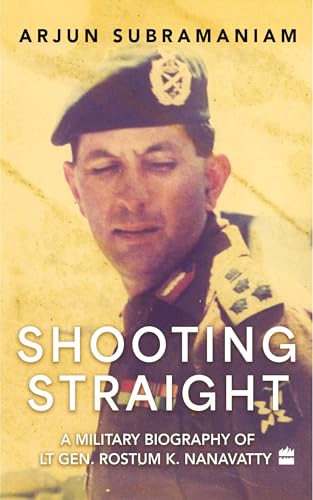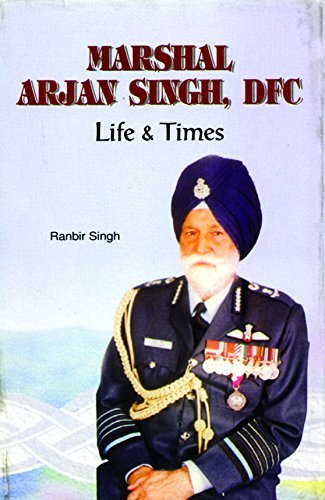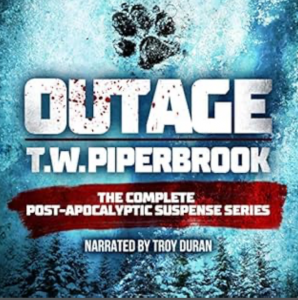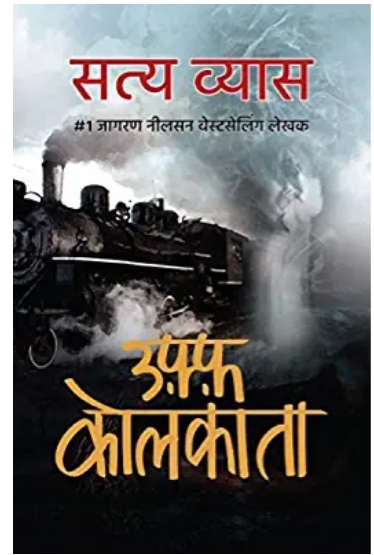
Shooting Straight is more than just a recounting of battles; it is a meticulously researched biography of an exemplary soldier and leader of the Indian Army, Lt Gen. Rostum Kaikhushru Nanavatty. Written by accomplished military historian Arjun Subramaniam, the book aims to capture the essence of soldiering, command, and leadership across five turbulent decades, from the 1960s to the 2000s.
The book’s subject, Lt Gen. Nanavatty, emerges from the pages as a paragon of the Indian Army—a figure defined by integrity, discipline, and unwavering dedication to the nation. His career was marked by action across key operational areas, including Nagaland, Sri Lanka, Siachen, and Baramulla, establishing him as a decorated and accomplished infantry officer.
Subramaniam excels in presenting a balanced and comprehensive portrait. The biography not only covers the operational acumen and intellectual brilliance for which Gen. Nanavatty was known but also masterfully integrates his personal life with his professional ups and downs. The writing is simple, engaging, and always provides the necessary context for the reader, ensuring the narrative is accessible even to those not deeply familiar with India’s military history.
One of the most valuable aspects of Shooting Straight is the wealth of primary source material incorporated into the narrative. Approximately 30% of the book is dedicated to various references and detailed notes taken by Gen. Nanavatty throughout his career. This inclusion offers readers an invaluable, first-hand perspective on contemporary warfare, counterinsurgency, high-altitude operations, and the overall landscape of the Indian Army from the view of one of its most respected commanders.
The biography truly shines in its depiction of a leader who was unafraid to “speak ‘truth to power.’” By offering insights into every facet of his challenges and triumphs, the book stands as a testament to his resilience and profound commitment.
For anyone seeking a deep and engaging look at modern Indian military history, command structure, and the qualities of exceptional leadership, Shooting Straight is an essential read. It’s a compelling portrait of a life dedicated to service, captured with skill and objectivity by a masterful historian.





